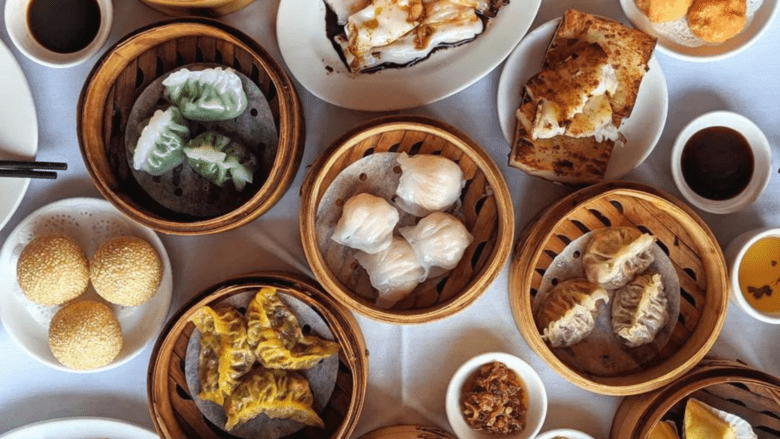Down-to-earth and down-to-chat all things cocktails, Beth Hoselton is a lifelong learner who has had her fair share of bartending experience at some of the top spots in the city. She shares why she fell in love with Boston’s restaurant scene, which spirits she’s most passionate about and what type of wine she always keeps at home.
Where do you work now? What’s your position? Where else have you worked in the last five years?
I am currently the bar manager at The Hourly Oyster House in Harvard Square. Before that, I was the bar manager at our sister restaurant, State Street Provisions, in Boston. Prior to that, I spent some time as a bartender at The Dogwood Café in Jamaica Plain and Beat Brasserie, in Harvard Square.
Briefly, how did you get involved in restaurants (and, specifically, bartending)? What draws you to this line of work?
I started in the industry as a hostess while being a student in Fargo, ND. I eventually worked my way up to become a bartender. I fell in love with the restaurant scene in Boston because of the camaraderie and the atmosphere. I’m constantly learning, whether it’s about cocktail history, interesting food/beverage pairings, or even simple tricks of the trade.
What’s your favorite drink to make (or wine or beer to pour)? Least favorite?
It’s cheesy, but my favorite drink to make is the one the guest is going to enjoy the most! I am all about getting down and nerdy with cocktails, like finding a local craft beer you’re going to love, or suggesting the perfect wine to pair with your meal. My job is to make you happy, and it’s important for us as bartenders to remember that not everyone comes in with the same knowledge and expectations, so we have the challenge of tailoring our individual style to each guest that sits at our bar.
How do you feel about the ‘mixology’ movement—does that term appeal to you, not appeal to you? What do you think it means to be involved in the bartender culture, if you agree that there is one?
I think the mixology movement can be great, it keeps the cocktail culture alive and evolving. It’s also exciting to see the shared knowledge among bartenders. However, it sometimes seems too high brow. At the end of the day, we’re just serving food and drinks and making people happy and that’s the most important part of this industry.
On your days off, what kind of places do you frequent? A lot of industry folk are happier with a Miller High Life and a Fernet than composed cocktails or craft beer. You?
I like to visit my friends on my days off, so I end up in all kinds of places. I generally go for something interesting off the cocktail menu but love to drink wine with dinner. If I can’t decide what I want, I’ll stall with a Plymouth Gibson.
What do you always keep stocked at home? Are there different things you like to drink or to make for special occasions? Snow storms, sick days, having friends over, drinks for dinner, etc.
There is always wine in my apartment. I love to find an interesting bottle and pick up ingredients at the farmers market to make a nice dinner/wine pairing. Other than wine, there’s usually a bottle of Dolin Dry in the fridge, gin in the cupboard and cocktail onions or Tom Olives kicking around (little pickled green tomatoes are so good!).
Are you excited about one spirit in particular? Is there something really overrated or underrated, in your opinion?
I gravitate towards gin because it can be so versatile — sweet vs. savory, spirit-forward vs. refreshing, etc. I love mezcal for the same reason. Amaro is creeping up all over the place in cocktails, which is super exciting as it offers a wide range of flavor profiles. The only spirit I’m not in love with is vodka because it just seems too easy, but I’m open to it!
What’s something you wish the average guest knew about your job—not service-wise, but related to the craft of bartending. (In other words, apart from common courtesy and being a good guest, what’s something you think everybody should know about bartending?)
A lot of people behind the bar take it very seriously as it’s their career. It can be disheartening to hear people asking my bartenders what their “real job” is. I wish more people understood the time and care we take to know everything that we do. A lot of us take classes, do research, and study in our free time to make sure we are as knowledgeable about our craft as possible and it’s great when people recognize that.


















